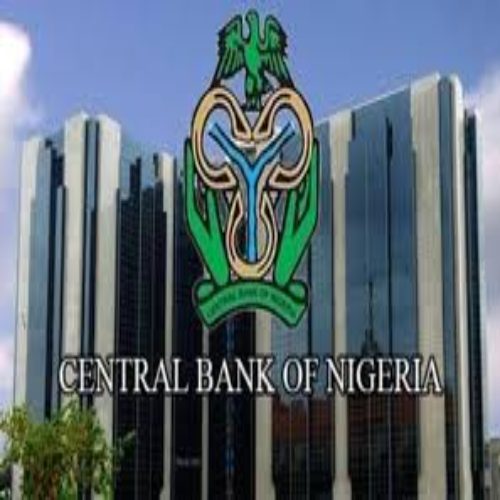
Following the Central Bank of Nigeria’s (CBN) recent decision to raise its Monetary Policy Rate (MPR) by a significant 4 percentage points, investors have quickly adjusted their strategies, resulting in a substantial loss in the equities market. Over the course of just five days, the market capitalization of listed stocks dropped by N1.83 trillion, with the value of equities closing at N54.04 trillion as of March 1, 2024, down from N55.86 trillion at the close of February 2024.
This dramatic shift in the stock market followed the announcement by the CBN at the conclusion of its 293rd Monetary Policy Meeting (MPC), where the nation’s benchmark interest rate was increased from 18.75% to 22.75%. The decision was made unanimously by the 12-member MPC, with CBN Governor, Mr. Godwin Emefiele, emphasizing that the rate hike was necessary to combat the growing inflationary pressures and stabilize the naira. Emefiele also pointed out that the increase was aimed at balancing inflation control with long-term economic growth, noting that sustainable output expansion is only achievable in an environment of low and stable inflation.
In the immediate aftermath of the rate hike, investor sentiment shifted as market participants began rebalancing their portfolios, with many moving towards more stable and potentially higher-yielding fixed income instruments. This shift aligns with predictions from analysts, who anticipate that higher yields in the bond market may attract greater foreign investment, thus potentially improving capital inflows and foreign exchange stability for the country. Analysts at Meristem Securities expect this dynamic to have a long-term positive effect on Nigeria’s foreign exchange markets.
In addition to the stock market’s poor performance, the Naira also saw a notable increase in value, appreciating by 7.57% on the Nigeria Autonomous Foreign Exchange Market (NAFEX), moving from N1665.50 per US dollar to N1548.25. This appreciation is attributed to the higher yields in the fixed income market, which in turn boost foreign interest in Nigeria’s debt instruments.
Financial Derivatives Company (FDC), a Lagos-based investment firm, outlined some of the immediate consequences of the rate hike, including a sharp correction in the stock market, a rise in lending rates, and a potential increase in borrower default rates. On the positive side, they also noted that the rate hike could lead to a stronger Naira, greater national savings, and a reduction in consumer spending due to higher borrowing costs.
As expected, bond yields have surged following the rate adjustment. The yield on one-year bonds rose by 0.62%, reaching 22.60%, compared to 21.98% the previous week. Similarly, three-year bonds saw a 0.50% increase in yield, while longer-term bonds, such as 10-year and 30-year bonds, saw their yields rise by 1.92% and 0.49%, respectively. This rise in yields across the bond market indicates a stronger preference for fixed income assets as investors seek to secure higher returns in the wake of the CBN’s policy change.
Money market rates also increased last week. The Open Buy Back (OBB) rate, which is used for short-term borrowing, increased to 27.16%, up from 24.91% the previous week. Similarly, the overnight rate rose to 28.19% from 25.75%.
The Nigerian Treasury Bills (NTBs) market also witnessed higher yields. The stop rate for the one-month tenor NTBs rose to 11.57%, from 11%, while the bid-to-cover ratio increased significantly, rising to 2.28x from 1.53x, suggesting a strong demand for these securities in the market.
Despite the positive developments in the fixed income markets, ARM Securities analysts foresee that the bearish sentiment in the equities market will persist for some time, as investors continue to seek more attractive returns in the bond market.
Overall, while the CBN’s rate hike aims to curb inflation and stabilize the economy, it has resulted in a mixed reaction from the investment community, with the equity market bearing the brunt of the adjustment as investors shift their focus to the growing opportunities in the fixed income space.


